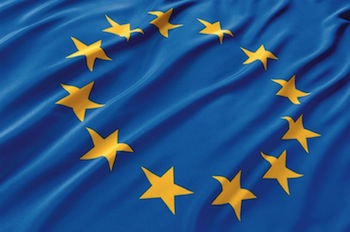The European Amusement and Gaming Federation, Euromat, has joined its Dutch member, the VAN Kansspelen Branche-organisatie, in filing a formal state aid complaint to the European Commission.

The complaint argues that the Dutch government will violate EU law if it allows online gambling companies to benefit from a tax rate of 20 per cent compared to the 29 per cent currently paid by their land-based competitors.
The filing sets the scene for a fiery debate at Euromat’s Gaming Summit on May 28 in Amsterdam. The Dutch State Secretary for Security and Justice Klass Dijkhoff is set to give a keynote speech at the event.
Euromat president Annette Kok said: “The Dutch government has failed to demonstrate that this aid is necessary. Online operators will have to enter regulated markets and pay the applicable tax rates if they want to grow; for that reason licences will be attractive to online operators even if they have to pay the same tax as land-based businesses. The Dutch government has provided no evidence to the contrary.”
She questioned whether the aid will be consistent with the “common interest objectives” of the Dutch government.
“If they are allowed to push this through, all they will achieve is a huge boost to the marketing budgets of international online operators who don’t need the Dutch government’s help to remain competitive. Rather than channelling demand into regulated products, the Dutch government is only going to succeed in increasing consumption overall with a likely rise in the risk of problem gambling.”
Commenting on the decision to file, Euromat secretary general Kieran O’Keeffe said: “Euromat is taking a stand against a national policy decision that we believe is non-compliant with European law and is not in the interests of European consumers or our members.
“Europe’s land-based private sector is united in its opposition to a proposal that unfairly discriminates against bricks and mortar businesses with no evidence to suggest that it will fulfil the intended objectives.”

